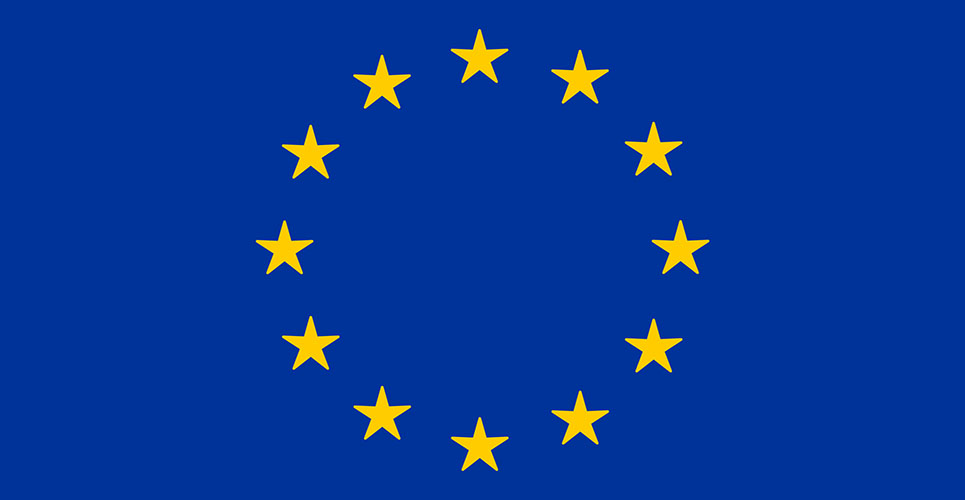teaser
The Court of Justice of the EU has handed down a decision on questions referred in the case of Brüstle v Greenpeace effectively prohibiting the patenting of inventions derived from human embryos.
The decision – which follows the Advocate General’s Opinion in March – confirms that any human ovum after fertilisation is to be regarded as an embryo; this includes the blastocysts used by Prof. Brüstle.
Further, the decision confirms that inventions requiring the destruction of human embryos or their use as base material are excluded from patentability, whatever the stage at which the destruction or use occurs – even if the patent does not itself refer to the use of human embryos.
The case will now return to the German courts, which will rule on whether Brüstle’s invention counts as the commercial or industrial exploitation of a human embryo. In the likely case that it is found to count as such, the patent will be invalidated.
Dr. Richard Gibbs, Associate at Intellectual Property Law Firm Marks & Clerk, comments: “This ruling from the CJEU, will have far-reaching consequences, although it is perhaps unsurprising given the wording of the law and the Advocate General’s earlier Opinion.
“While the Court has been careful to emphasise that its decision affects only the patentability of certain biotechnological inventions and does not seek to impose any direct regulation of the use of human embryos in research, the effect is likely to be much the same.
“The potential for successful commercialisation is the major pre-requisite for attracting much-needed funding and investment in the arena of stem cell technology – just as in other fields – and this decision significantly impacts that potential.
“This decision may do serious damage to stem cell research and technology in Europe. Those with existing patents will be uncertain of their enforceability; those intending to apply may need to reconsider their options.
“There will be widespread dismay in the scientific and medical communities. Research and expertise could migrate en masse to other territories such as the US, where no such ban exists.
“Indeed, only this year the US Supreme Court upheld Obama’s overturning of the Bush administration’s ban on federal funding for stem cell research, making the US market far more attractive than it has been previously.
“Stem cell technology is widely touted as a future source of treatments for a wide range of conditions such as Parkinson’s and Alzheimer’s, but progress will almost certainly be slowed by this ruling.
“Today’s ruling makes it clear that all inventions requiring the use of human embryos at any stage of their production are excluded from patentability, regardless of whether such procedures are mentioned in the patent application or not.
“The ruling, it seems, leaves little room for manoeuvre. Though iPS cell technology, as a source of non-embryo derived stem cells, may now gain new significance.”

